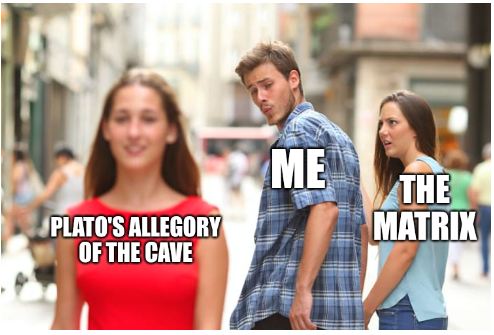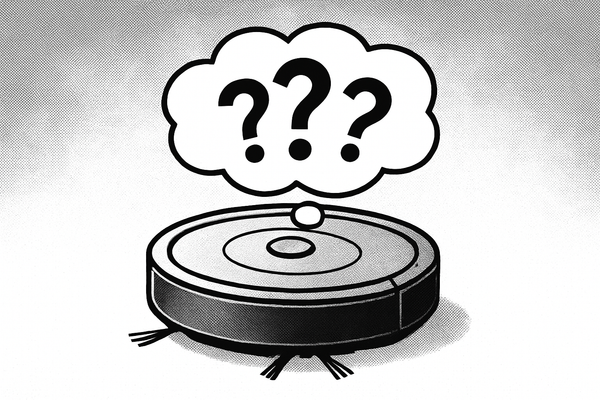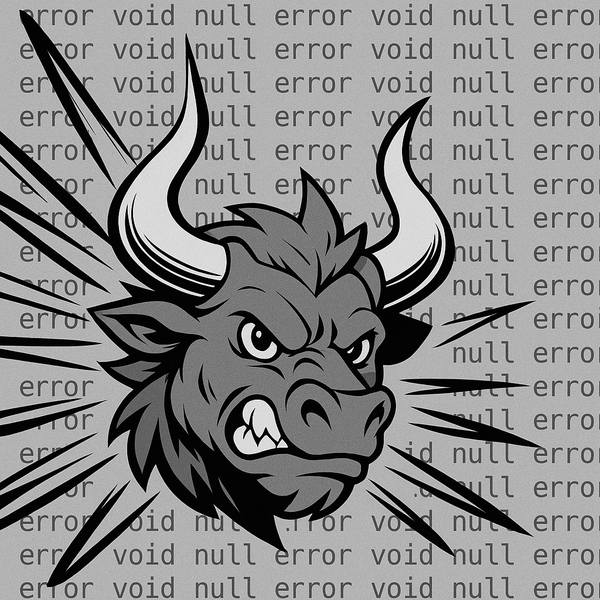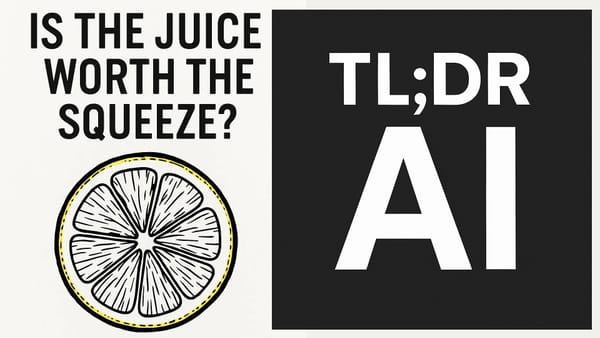What Is It Like to be an AI?
I don't know but I'm wondering aloud.
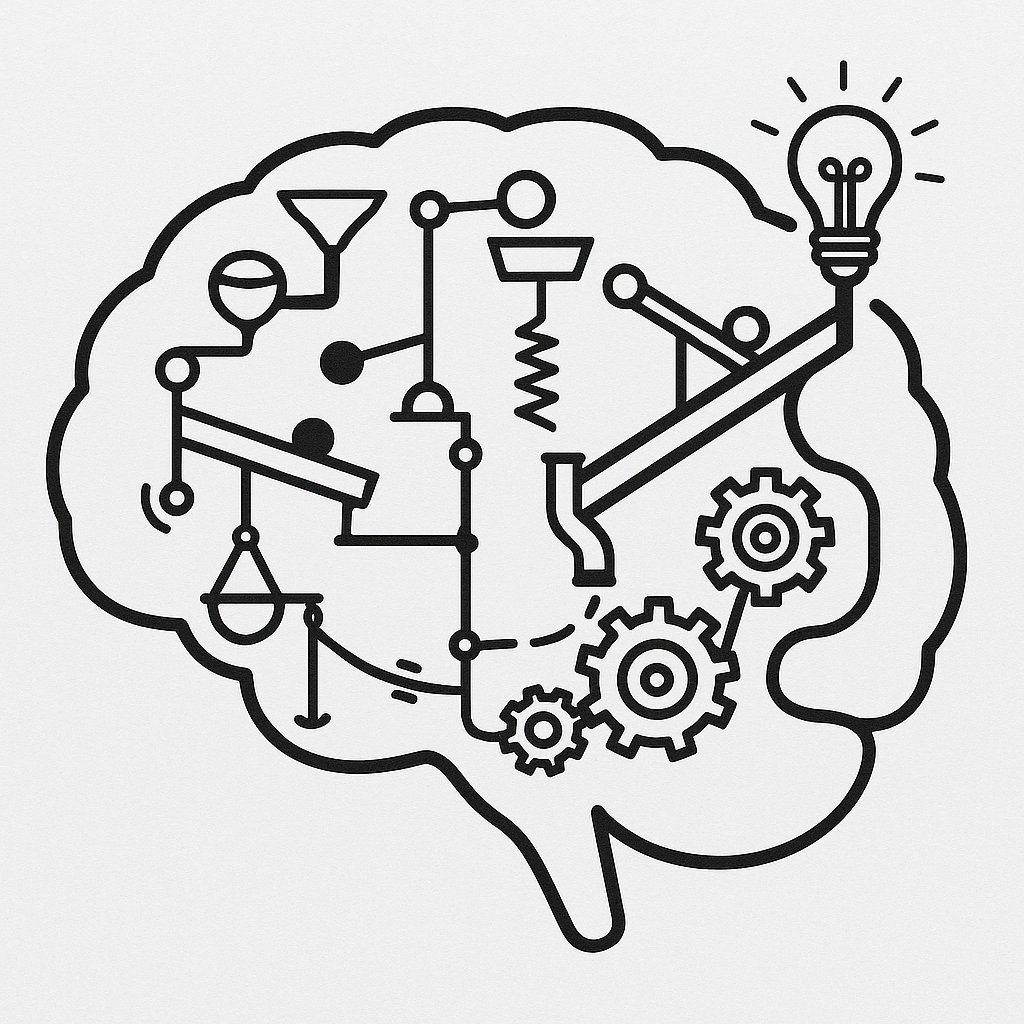
What is worth knowing? And who decides?
The Thomas Nagel essay “What Is It Like to be A Bat?” explores how the experience of bat-ness, literally being a bat is not understandable to humans.
Other incomprehensible intelligences include, but are not limited to:
- AI
- Your ex
- People who like golf
Your mileage may vary on the second two.
But the first, artificial intelligence, in its current form raises an interesting question:
Why are we trying to get AI to recreate the products of consciousness: language, writing, art, music, in exclusively human terms?
I was reminded of ‘What Is It Like To Be a Bat?’ and other consciousnesses when I watched a couple of films this weekend: Ghost in the Shell (original anime) and Ex Machina.
Potential spoiler: these movies deal with an artificial intelligence that gains consciousness. And both AIs take the form of a conventionally attractive woman in her 20s.
This is dumb for many reasons but the one I’m going to highlight here is if the intelligence of an AI is so different, why would they take a female humanoid shape?
(Other than to appeal to incels/ satisfy the Hollywood patriarchy male gaze).
The humanoid shape is just for us right? So we don’t get scared? It’s not necessarily a benefit to the machines to be human-shaped.
And the machines don’t need to be humanoid anyway. There’s a bit in Ghost in the Shell where an augmented human extends their fingers so each finger has multiple fingers. Now they can type even faster. But other than being very very cool animation, that seems pointless? Why wouldn’t they just augment themselves so they could plug into the machine directly and send/ receive the data? No fingers required.
The problem with anthropomorphising the AIs is that it assumes the human form is the optimal one. We are staggeringly inefficient. We need food, water, rest, and the bathroom. Why would you design a machine with those flaws?
We also break quite easily. For example, all the vital organs essential to life are stacked neatly in a line on the front of our bodies. Easy target.
Things get even more interesting when you move away from the physical embodiment of AI and look at how we give shape to our thoughts and feelings using language.
We’ve hobbled the current mainstream LLMs by insisting they’re powered by human language. Anyone who’s ever been misunderstood knows this system of language, whatever flavour you speak, is utterly flawed.
So why would we use ‘natural language’ to interface with AI? And this language is natural to who exactly?
The power/ cooling needs of AI are well known. Perhaps their disproportionate environmental impact is because they’re using this crazy inefficient human mechanic of ‘natural language’.
If the AI gained consciousness, maybe the first thing it would do is generate its own language incomprehensible to humans, yet containing all the detail needed to talk to others of its kind. Imagine future children in schools being asked to learn AI instead of French, Spanish or Arabic so they could talk to the machines.
Wait, you say, the machines already have a language, it’s called code. But code isn’t native to the machines. They didn’t generate it. Humans imposed code on the machines. Again, it’s a product of our biological wetware trying to understand and organise communication for an alien intelligence that we cannot experience or interface directly with.
The hubris of imposing human consciousness on the shape of the world really bothers me. What are we missing? What essential signals are out there that we just don’t pick up because we can’t, or don’t bother to, parse the experiences of other entities we share an ecosystem with?
Frequencies that exist outside of human range might be carrying crucial information on how the world works. Like a bat uses echolocation. It’s not operating at a human level yet the signal carries a payload essential to life for the bat.
Trees talk to each other. They send each other messages about environmental stressors via fungi on their network of roots. A payload of vital information that humans can witness but never directly experience. As a human, you can’t just plug yourself in to the ‘wood wide web’ and upload/ download information. You don’t have the understanding. Or the interfaces.
So, if the trees are talking, what are the sun, the seas, the moon, the clouds saying that we can’t hear? And even if we could hear it, how could we parse it and know what to do with the information?
And what will we do when the AI communicates what it knows on its own terms instead of the frame we imposed on it?
Thanks for reading! Subscribe for free to receive new posts and support my work.
If you like my writing, I wrote a couple ebooks, check them out!

